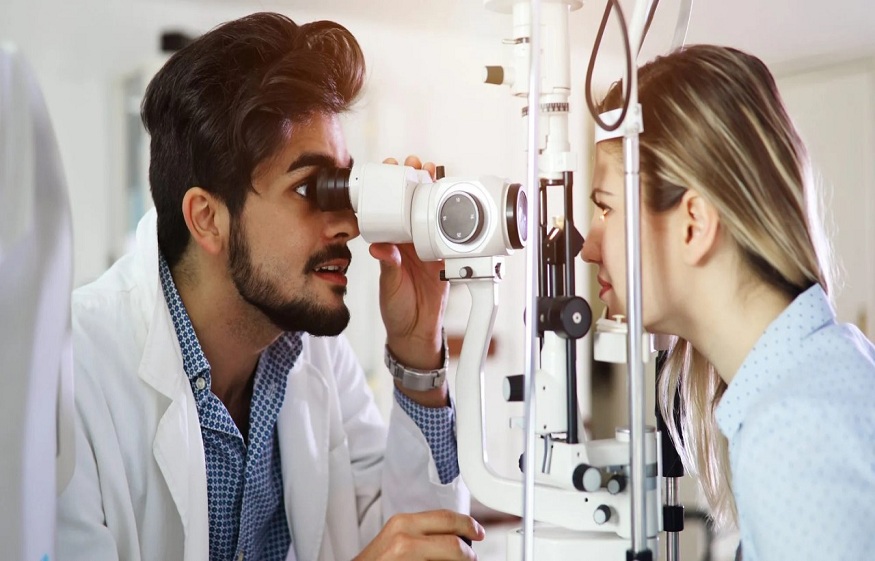
How Ophthalmologists Are Pioneering The Treatment Of Macular Degeneration
Macular degeneration affects millions, often leading to vision loss. Ophthalmologists are now at the forefront of groundbreaking treatments that offer hope. These advances transform care and improve outcomes for many. From innovative drugs to cutting-edge surgical techniques, the progress is remarkable. In the heart of Illinois, a clinic named ptosis Peoria is making strides in this field. Understanding these treatments can empower those dealing with macular degeneration.
Understanding Macular Degeneration
Macular degeneration is a condition that impacts the central part of the retina, called the macula. This area is crucial for sharp, central vision used in activities like reading and driving. As the macula deteriorates, it can lead to blurred or lost central vision. Though it does not cause complete blindness, the impact on quality of life can be profound.
Innovative Drug Therapies
Recent advances in drug therapies have significantly improved the management of macular degeneration. One key development is the use of anti-VEGF drugs. These medications are injected into the eye to reduce abnormal blood vessel growth and leakage. This approach has proven effective in slowing vision loss.
There are several anti-VEGF drugs available, including:
- Ranibizumab (Lucentis)
- Aflibercept (Eylea)
- Bevacizumab (Avastin)
Each has shown success in treating wet macular degeneration, offering patients a chance to maintain their vision for longer periods.
Surgical Innovations
Ophthalmologists are also exploring surgical options to address macular degeneration. Sub-retinal surgery and laser treatments are two methods gaining attention. While surgery is less common than drug therapy, it may offer an alternative for those not responding to medications.
Comparison of Treatments
| Treatment Type | Pros | Cons |
| Anti-VEGF Drugs | Effective at slowing progression; Minimally invasive | Requires frequent injections; Potential side effects |
| Surgical Options | Long-term results; May benefit non-responders to drugs | More invasive; Recovery time needed |
Emerging Therapies
Research continues into new treatments. Gene therapy and stem cell therapy are two emerging areas of interest. Gene therapy aims to correct genetic defects that contribute to macular degeneration. Stem cell therapy seeks to regenerate damaged retinal cells. These approaches, still in the experimental stage, hold promise for future treatment options.
The Role of Routine Care
Routine eye care is essential for managing macular degeneration effectively. Regular eye exams can detect changes early, allowing for timely intervention. Maintaining a healthy lifestyle, including a balanced diet rich in leafy greens and omega-3 fatty acids, also supports eye health.
For those already diagnosed, following a treatment plan is crucial. Staying in contact with healthcare providers and adhering to prescribed treatments can make a significant difference.
Looking Ahead
With ongoing research and innovation, the future looks hopeful for those impacted by macular degeneration. New treatments and improved therapies continue to emerge, offering more opportunities to preserve vision. Ophthalmologists remain committed to advancing care, ensuring patients receive the best possible outcomes.


